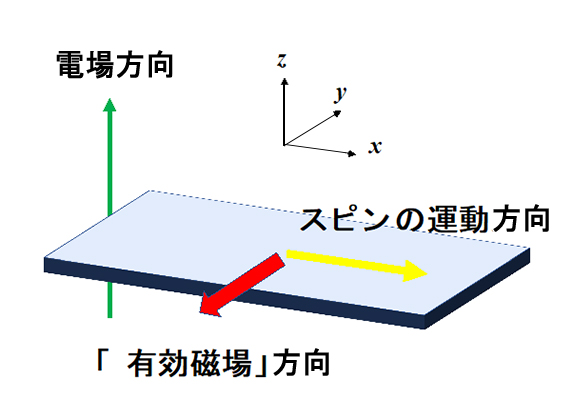2021/4/22 アメリカ合衆国・ローレンスバークレー国立研究所(LBNL)

・ LBNL は、2019 年に開発した 100%リサイクル可能なプラスチックである poly(diketoenamine)(PDK)の大規模製造に関する研究結果を発表。
・ 年間 2 万メトリックトン規模の施設での PDK の製造や使用済み PDK のリサイクルに関するシミュレーションを実施し、投入する化学物質や必要な技術、コスト、温暖化ガス排出量の計算結果を従来プラスチック製造と比較。PDK ベースのプラスチックは従来プラスチックに匹敵する商業的競争力を迅速に獲得し、PDK 製品の価格低下と持続可能性の向上が見込めることがわかった。
・ プラスチック製品の大部分が埋め立てや焼却処理され、ごく一部が溶解による「機械的な」リサイクルで新製品となる。質感、色味や機能性の付与のために添加される色素や熱安定剤、難燃剤等を含有した多種類のプラスチックを溶解して得られる新材料は、原料から作られたバージン材料に比べ低品質となる。1 回以上の機械的リサイクルを経るプラスチック製品は全体の 10%を下回り、リサイクルプラスチック製品の品質の低下はバージン材料で補われている。
・ PDK では、強酸処理によるケミカルリサイクリングで個別のモノマーに容易に分解後、モノマーから添加剤を分離し、品質を損なわずに新しいプラスチックが作製できる。リサイクルプロセスのエネルギー使用量や CO2 排出量が少なく、繰り返しリサイクル可能なため、完全循環型の材料ライフサイクルを構築することが初期の研究で提示されている。
・ PDK 開発当初より実施している市場調査と産業界との交流を通じ、自動車の下取り・返品や家電のe-waste プログラム等での製造業者による製品寿命終了時の回収が PDK の初期アプリケーションとして最適であることがわかった。製造業者は、100%リサイクル可能な PDK の導入により持続可能性のブランディングと長期的な節約の恩恵が受けられる。その後はパッケージング等の使い捨て製品の市場がターゲットとなる。
・ PDK の初期投資コストをさらに低減するため、遺伝子組み換え微生物による前駆物質生成の研究開発を同時に進め、高度なバイオベースの原料への移行による長期的な持続可能性の実現を目指す。
・ 本研究は、米国エネルギー省(DOE)のバイオエネルギー技術局(BETO)および LBNL の Laboratory Directed Research and Development(LDRD)プログラムが支援した。
URL: https://newscenter.lbl.gov/2021/04/22/infinitely-recyclable-plastic/
<NEDO海外技術情報より>
(関連情報)
Science Advances 掲載論文(フルテキスト)
Leveling the cost and carbon footprint of circular polymers that are chemically recycled to monomer
URL: https://advances.sciencemag.org/content/7/15/eabf0187
Abstract
Mechanical recycling of polymers downgrades them such that they are unusable after a few cycles. Alternatively, chemical recycling to monomer offers a means to recover the embodied chemical feedstocks for remanufacturing. However, only a limited number of commodity polymers may be chemically recycled, and the processes remain resource intensive. We use systems analysis to quantify the costs and life-cycle carbon footprints of virgin and chemically recycled polydiketoenamines (PDKs), next-generation polymers that depolymerize under ambient conditions in strong acid. The cost of producing virgin PDK resin using unoptimized processes is ~30-fold higher than recycling them, and the cost of recycled PDK resin ($1.5 kg−1) is on par with PET and HDPE, and below that of polyurethanes. Virgin resin production is carbon intensive (86 kg CO2e kg−1), while chemical recycling emits only 2 kg CO2e kg−1. This cost and emissions disparity provides a strong incentive to recover and recycle future polymer waste.



